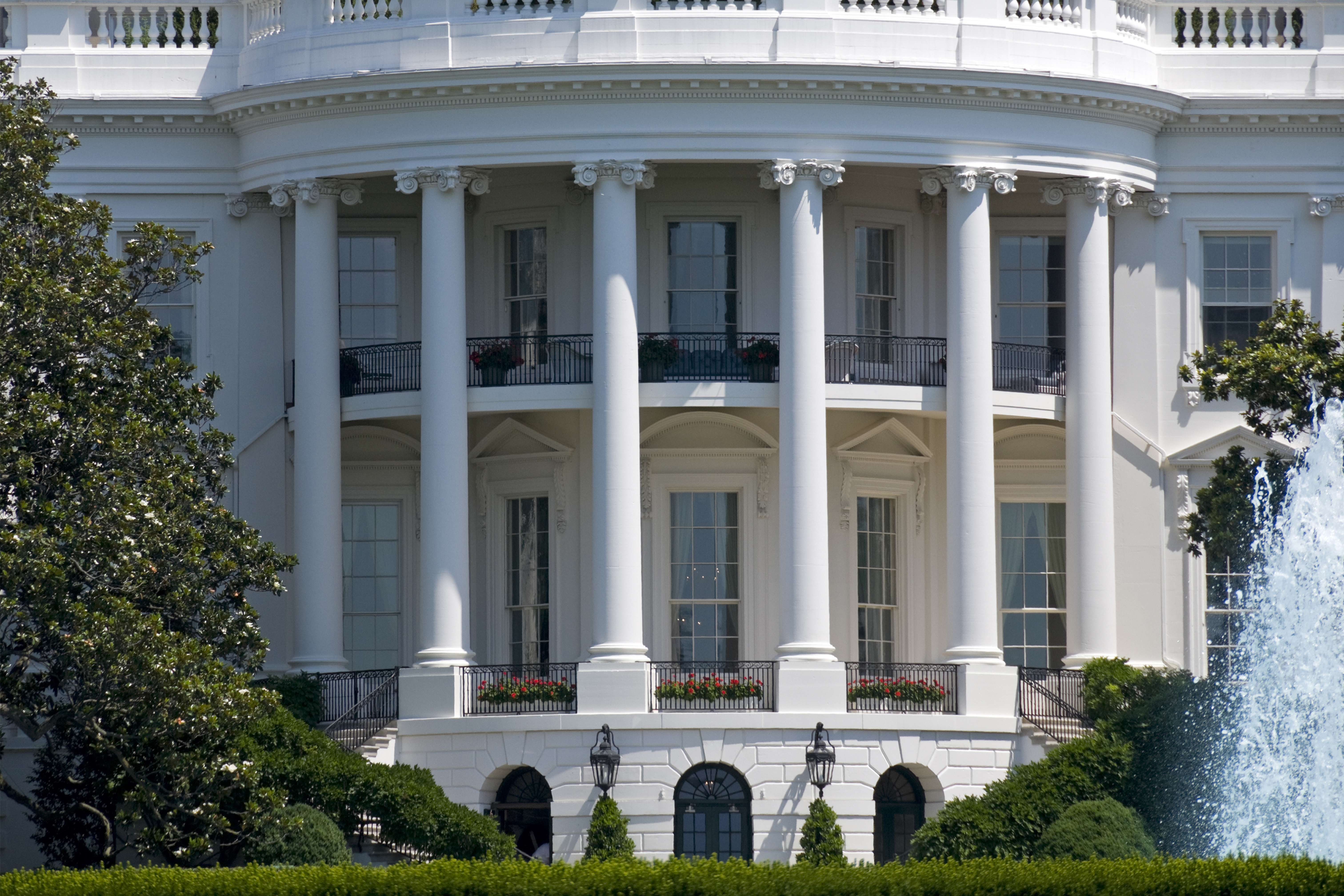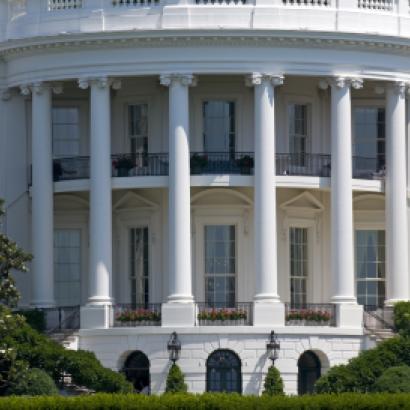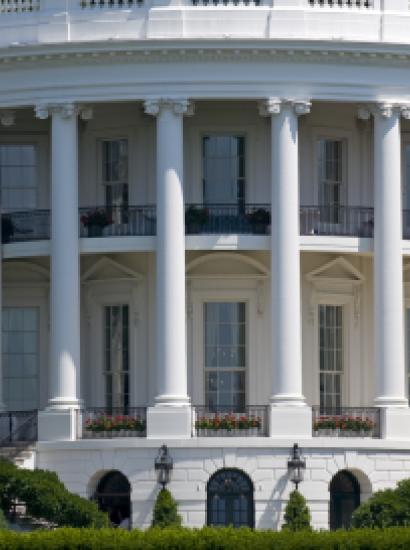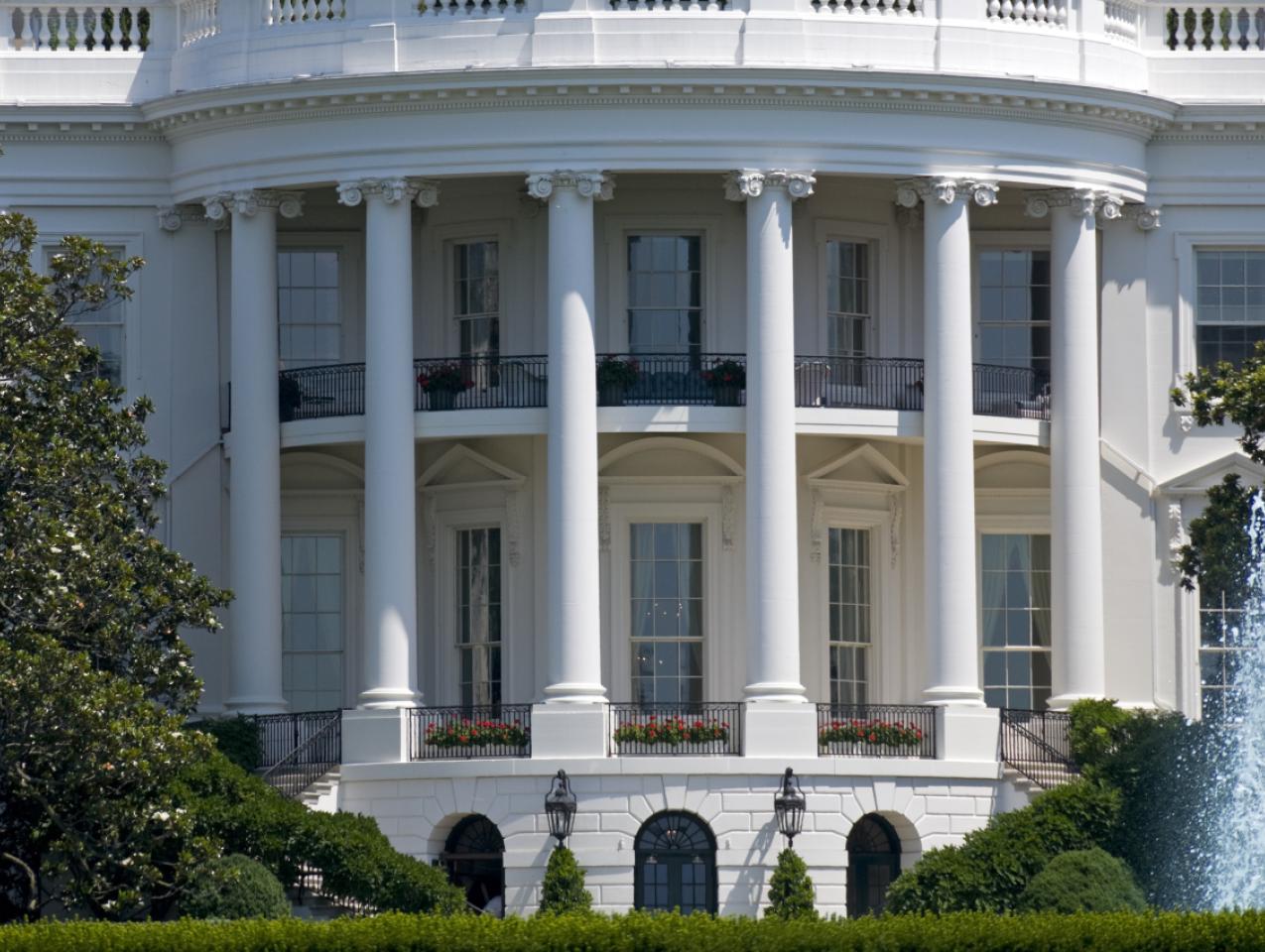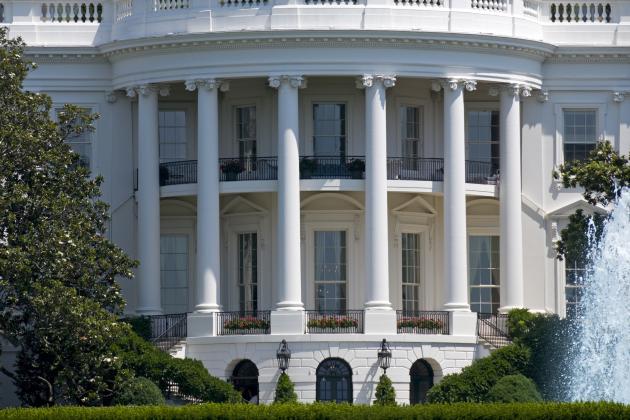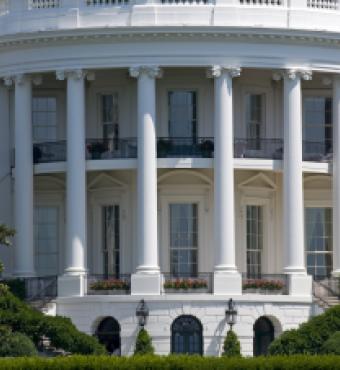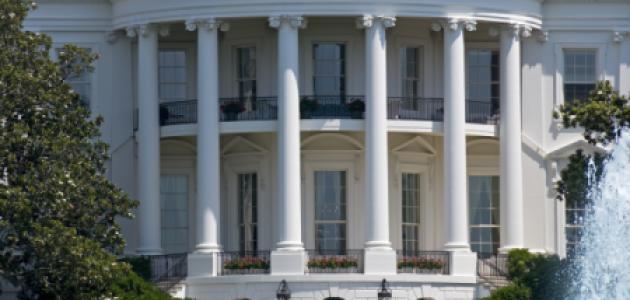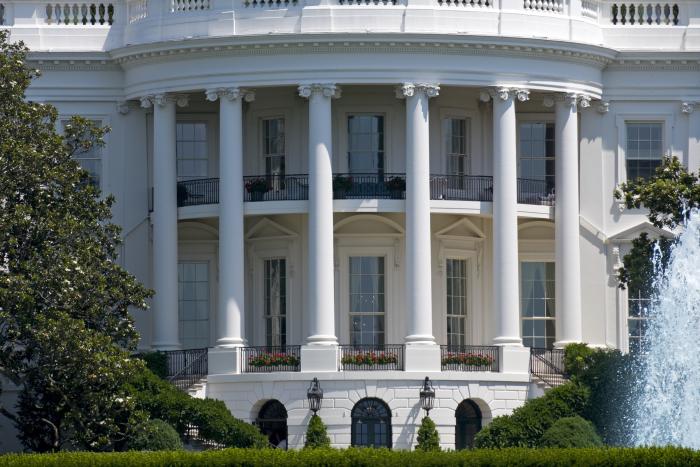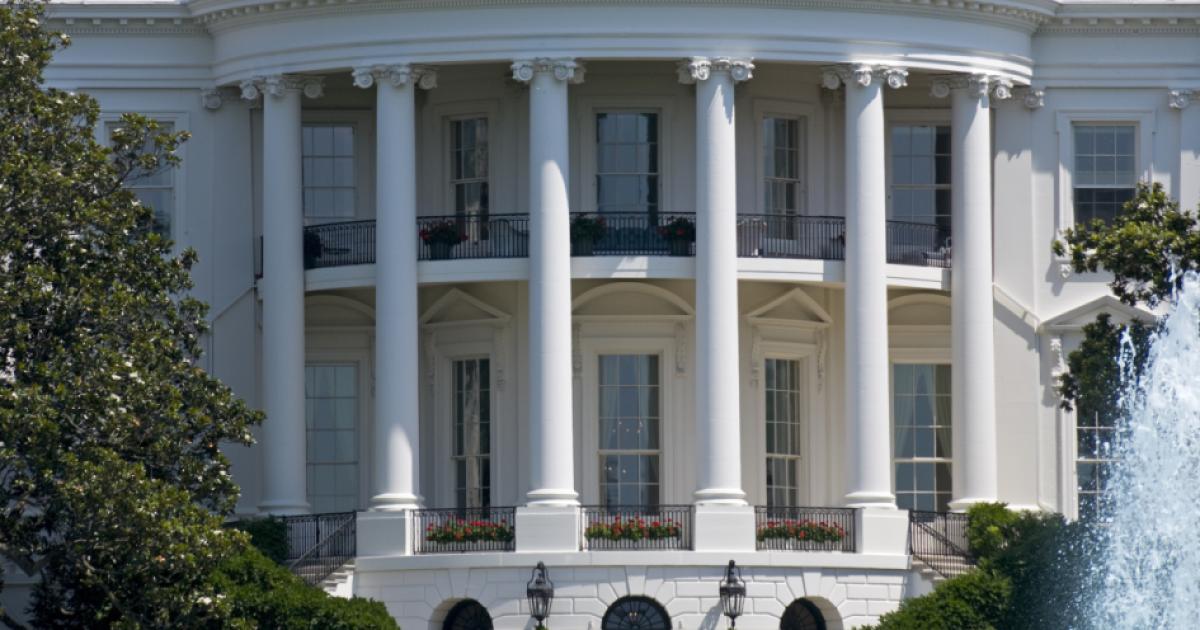- Law & Policy
- Immigration
- Politics, Institutions, and Public Opinion
- The Presidency
- State & Local
Last November, the Obama Administration announced that it will cease enforcement of the immigration laws with respect to some four million undocumented persons. Instead it will award them legal status and work authorizations. Quite apart from whether this is good policy, it is almost certainly bad law. The Constitution vests Congress – not the executive – with authority to make uniform laws on naturalization. Congress has passed laws. It is the executive’s duty to enforce them.
Congress can do little to defend its constitutional prerogatives because the immigration service is self-funded, and the President is likely to hold the Department of Homeland Security hostage to prevent a funding cut-off. Fortunately, in this instance there is a judicial remedy.
The U.S. District Court for the Southern District of Texas heard arguments on January 15 from the State of Texas, on behalf of roughly half of the States, who have sued to block implementation of the immigration directive. The States plausibly claim standing under the precedent set in Massachusetts v. EPA (2007). If liberal states had standing to object to the Bush Administration’s failure to regulate greenhouse gases, Texas and the other states in this case have standing to object to the Obama Administration’s failure to enforce the immigration laws. In both cases, the failure to enforce the law imposes serious costs on the states. The states have submitted evidence indicating that the availability of work permits will stimulate more illegal immigration, and with it higher costs for education, crime control, health care, drivers licenses, and other programs.
The states are not asking the courts to require the Administration to deport anyone – or even to employ resources to enforce the law. It may be a breach of executive duty for the President to refuse to enforce a law because of policy disagreements with it, but the courts are ill-suited to compel enforcement. Instead, the states are asking the courts to prevent the Administration from taking affirmative steps in violation of the immigration laws, such as handing out work authorizations. Enjoining the executive from taking actions that violate the law is a routine exercise of judicial power.
These affirmative steps are the principal point of the President’s immigration directive. Even before the directive, almost no one was deported who had not committed some other crime. The real change wrought by the directive is to give the covered persons a legal status and the right to work in this country. And those are precisely the steps the courts are likely to invalidate. The district court can issue a preliminary injunction against these measures before the administration can begin processing applications. That will give the courts time to decide – all the way up to the Supreme Court, if necessary – whether the President can alter the law of the land without action by Congress.
The Administration’s immigration directive cannot possibly be excused under the rubric of “prosecutorial discretion.” Prosecutorial discretion is a practical concept based on the reality that there are not enough officers to enforce every law in every case. But giving out work permits is not mere inaction, and it does not save resources. Indeed, the President has announced the hiring of a thousand new agents to process applications for the new status.
Nor can these actions be defended on the basis of precedents set by past Presidents. The Administration has cited five prior occasions when a president granted “deferred action” status to small cohorts of undocumented aliens who otherwise would face removal. In each of these instances, however, Congress had explicitly granted legal status to the affected persons, and the President’s action was solely a temporary bridge to legal status approved by Congress. One example: when Hurricane Katrina forced the closure of colleges in the Gulf, President Bush extended “deferred action” status to foreign students on student visas to give them time to enroll elsewhere. This was not in defiance of congressional will, but in service of it.
Throughout this process, President Obama has asserted the power to act because Congress has not taken his suggestions for statutory change. This has it backwards. Congress has no obligation to pass laws the President wants passed, and its failure to enact his desired program gives him not one iota of authority to act on his own. In our system of government, statutory change can be effected only by the legislative branch. No matter how frustrated President Obama may be with the failure of his political agenda in Congress, he has no constitutional alternative. As the Supreme Court has stated: “To contend that the obligation imposed on the President to see the laws faithfully executed, implies a power to forbid their execution, is a novel construction of the constitution and entirely inadmissible.” (Kendall v. United States (1838)).
Michael W. McConnell, a Senior Fellow at the Hoover Institution, is the Richard & Frances Mallery Professor and Director of the Constitutional Law Center at Stanford Law School. From 2002-2009, he was a judge on the U.S. Court of Appeals for the Tenth Circuit.






